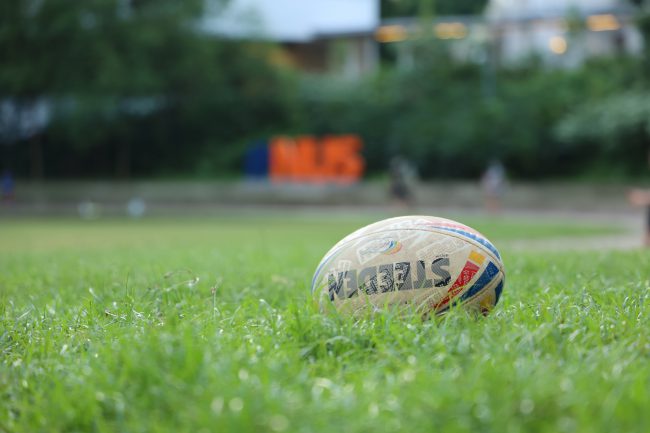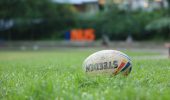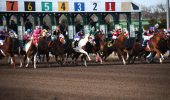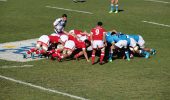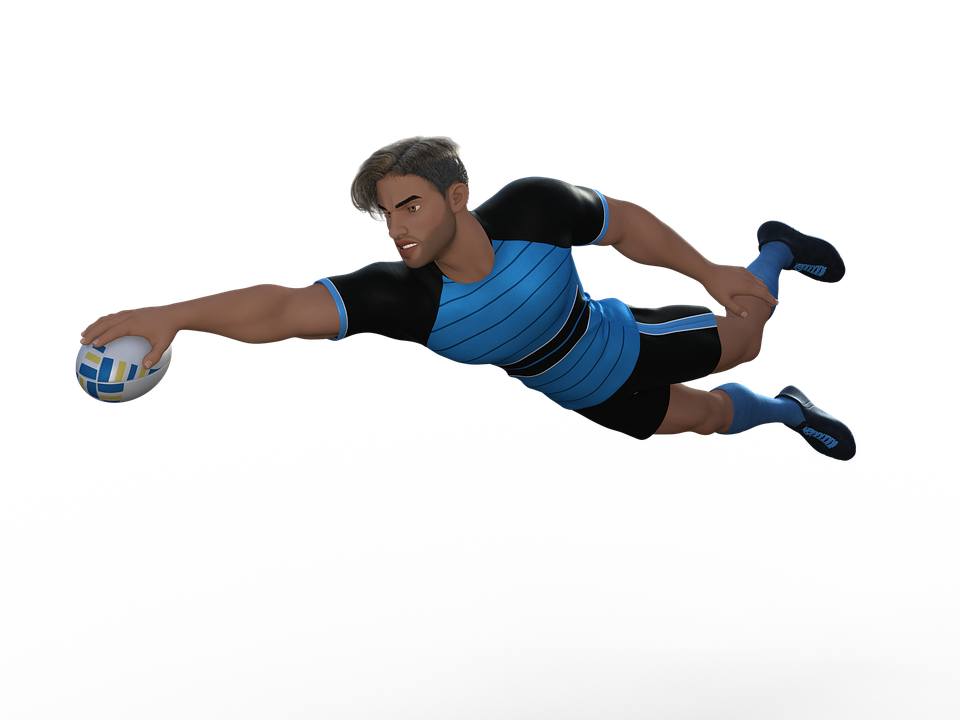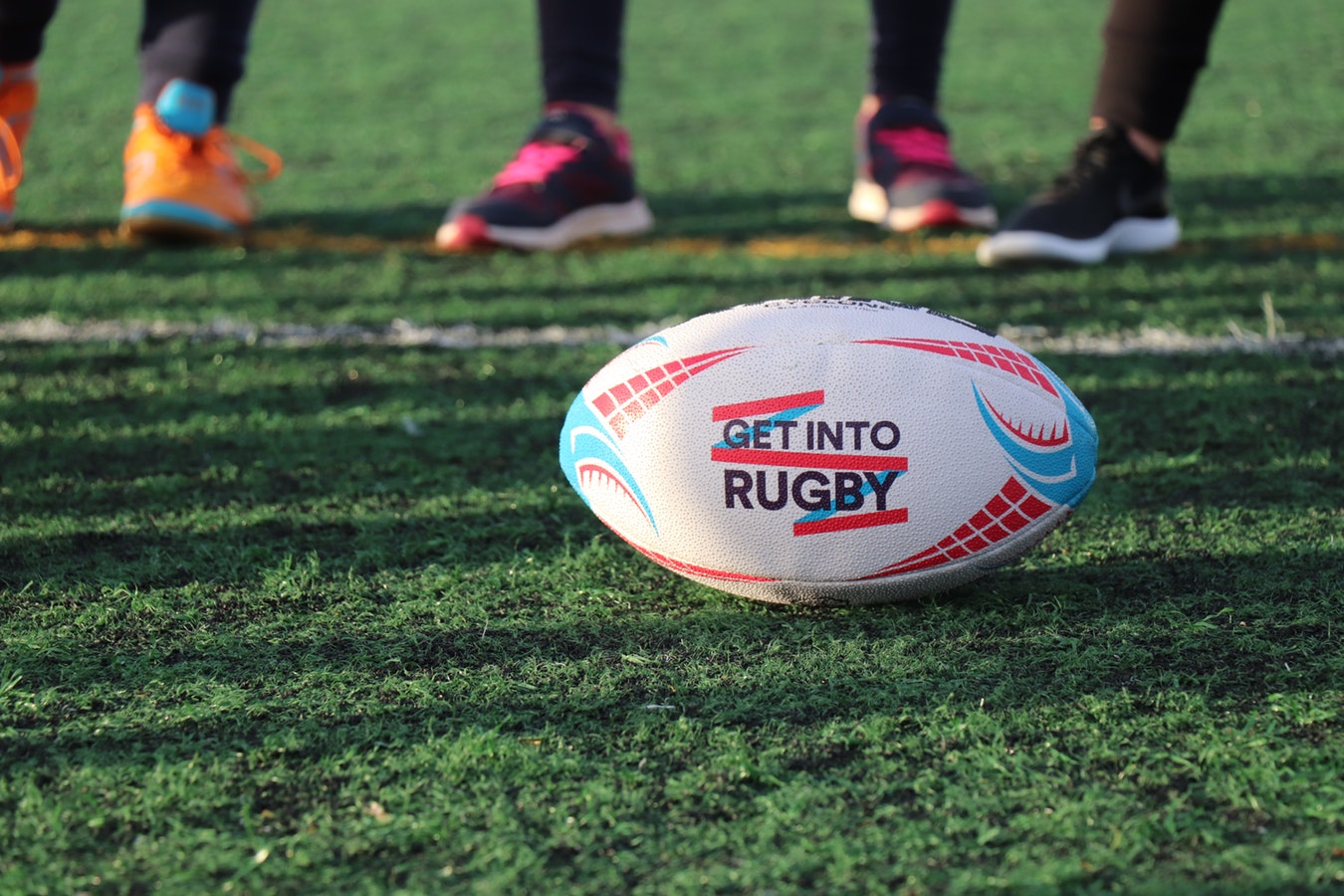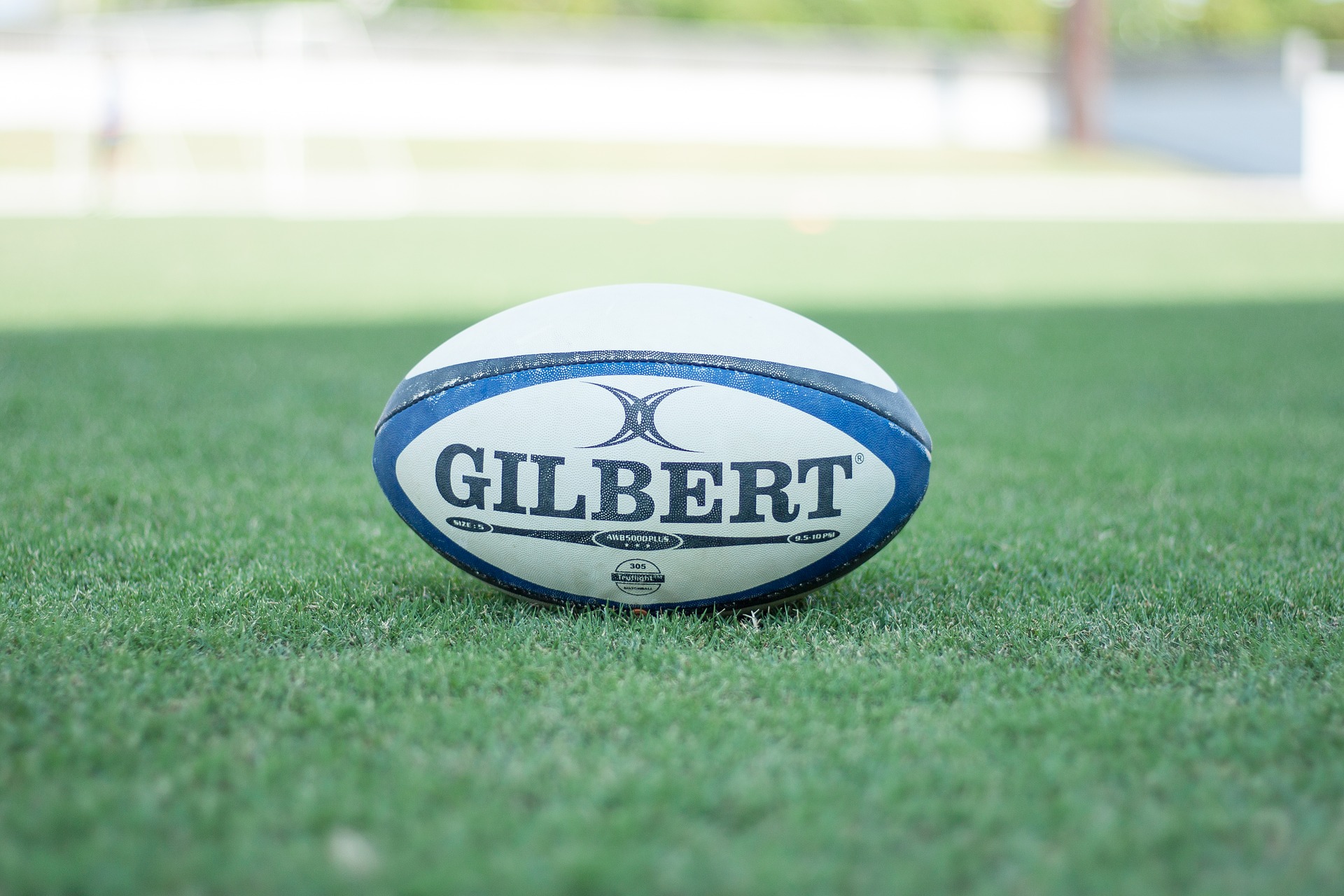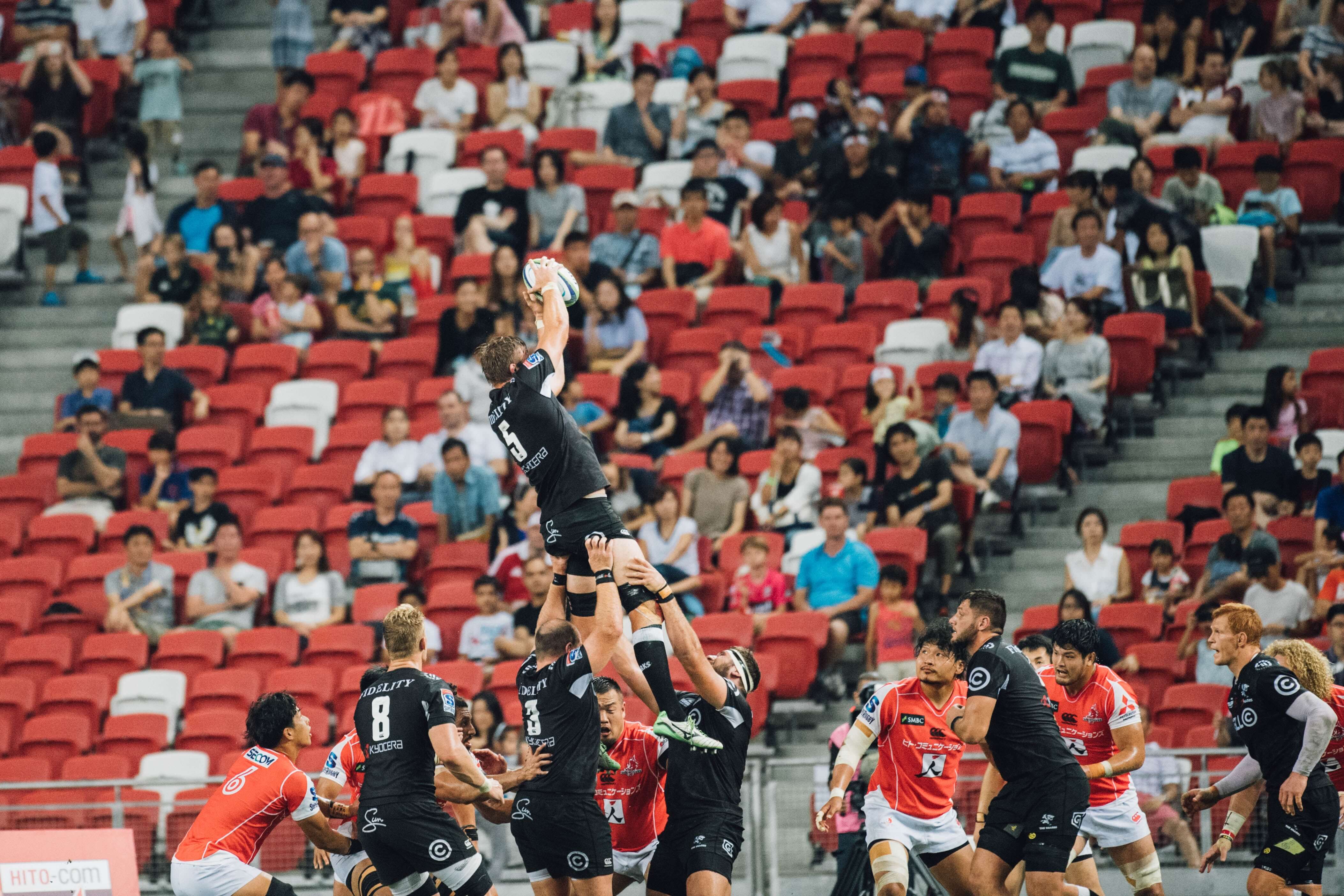The pandemic has changed the world and sport is no exception. Lock-downs and social distancing measures affected both athletes and sports fans. With all activities suspended to limit the spread of the virus, even the Summer Olympic Games, the world’s greatest sporting event, had to be postponed. Before things get back to normal, all the fun around sports has moved online, including the latest updates and betting promotions like Campeonbet Bonus.
With no group training sessions allowed and canceled matches, group sports suffered the most. Rugby is certainly one of them.
Financial impact
The global pandemic introduced a kind of behavior completely unnatural to us. Social distancing measures put a stop to all sports activities getting the rugby’s source of revenue and additional income cut off. And due to its contact nature, mass gatherings will probably be one of the last activities to be introduced back. As you can imagine, the financial impact is devastating and it will probably take years to fully recover.

Training, education, and community
Rugby is all about the community, solidarity, care, team spirit. Covid-19 made a huge impact on training and education as well. In order to continue coaching and keeping the community fit, the clubs arranged filming workout videos, encouraging people to continue training, motivating them to keep up with the good work and overcome all challenges before it’s safe again to play rugby on a field. Of course, educating staff has also moved online, so adjustments needed to be made to keep up to date during the pandemic.
Players’ health and habits
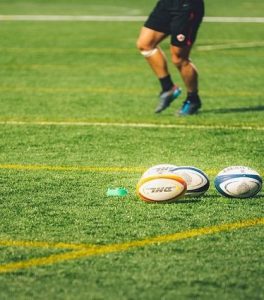
Players faced many difficulties as well. The lock-down was very tough for them and their families. Their fellowship is part of who they are, and being in isolation and deprived of exercise affected their well-being to some extent.
Athletes are continuously working to achieve balance in their physical and mental health to both improve performance and enhance recovery. Surveys showed that lock-down influenced athletes’ nutrition and training habits. Habitual training environments and contact with other players made it hard to maintain the required physical fitness. Training frequency and duration decreased during the lock-down which can be associated with increased anxiety and stress. Challenges were encountered monitoring nutrient intake due to less direct contact with the clubs’ nutritionist.
Measures to ensure a safe return
Since the pandemic imposed a different way of life, new guidelines needed to be introduced accordingly. Providing we are all responsible for preventing the spread of the virus, new rules apply for all the participants, and they include maintaining personal hygiene, wearing a mask, avoiding close contacts, and of course self-isolation in case of any symptoms.
Turn to social media
Covid-19 outbreak sparked with an overwhelming amount of information on the news. Maintaining interest and engagement can be difficult in the absence of media coverage. Social media enabled a closer interaction between fans and athletes, giving them a closer insight into their favorite athletes’ lives. Many athletes used the power of social media and served as role models during the hard times of uncertainty, influencing many people by spreading positive messages and appropriate behaviors.

